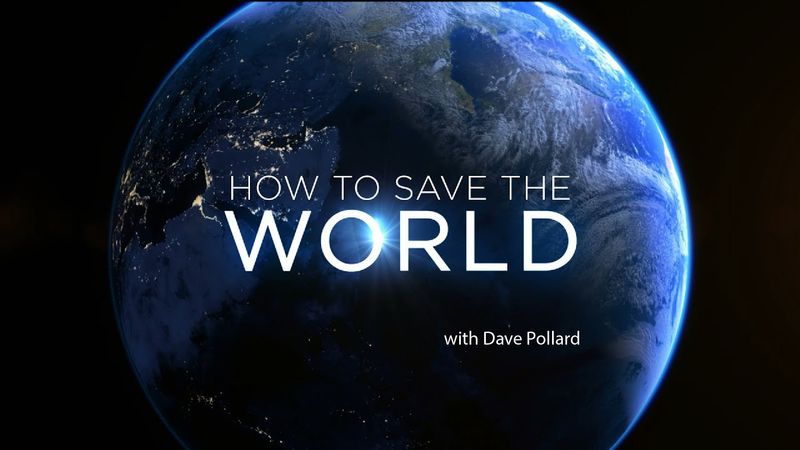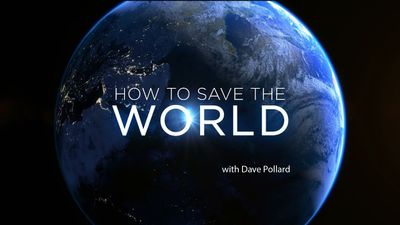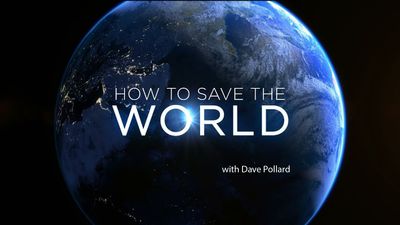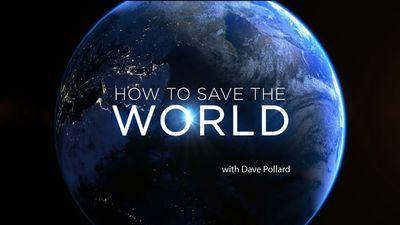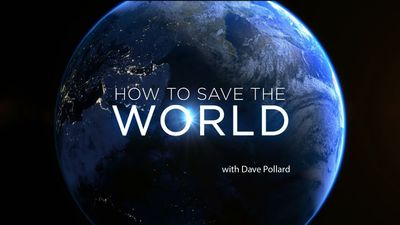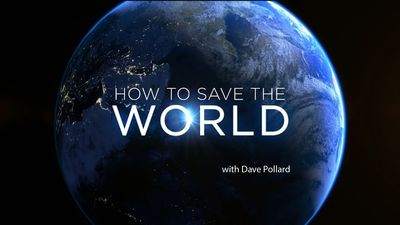Insufferable
The usual warning. Yes, even more ludicrous writing about radical non-duality follows. These internal dialogues are how I figure this out. Very few others will find this even vaguely interesting. For more engaging reading, I’d recommend you read this new interview with Noam Chomsky instead of this article.
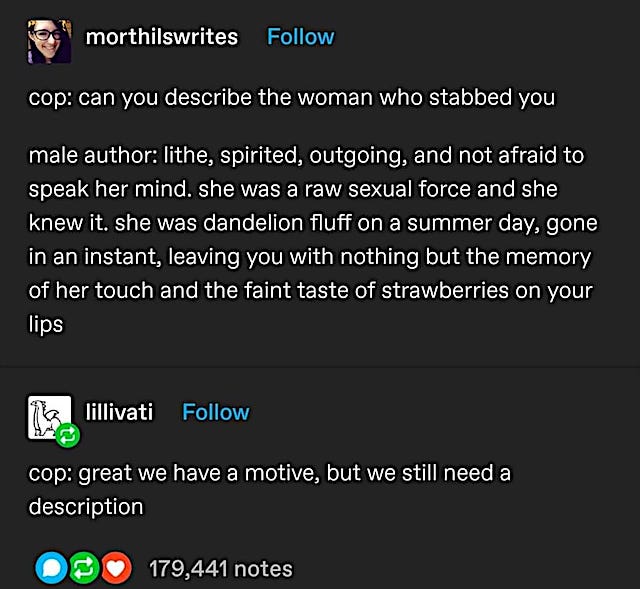
from the memebrary, because things that are annoying can also sometimes be fun
So I’m chatting again with a radical non-dualist, explaining that, despite listening to hundreds of hours of discussion of this subject, I never seem disposed to ask a question of the speaker. That’s because, when I think about it a bit, I can always answer the question myself. That’s what’s so intriguing about this message — it is entirely internally consistent, uncompromising, and free of any loose ends. And it is not a theory, nor describing a state of being; it is what, to a few speakers, from all walks of life, described in different ways and with varying degrees of articulateness, is completely obvious: That there is no self, no separation, no time, no space, no thing, and nothing really happening.
The questions that arise now about this for me are pretty picayune. The questioners on the Zoom calls generally ask the same questions over and over, and the speakers patiently and easily answer them. I could answer them. But that’s because I’ve thought about this so much, not because it’s completely obvious to ‘me’. My self hangs on like an unwanted party guest unwilling to take the hint. There’s no shaking it, any more than a character in a dream can wake up from the dream. But the radical non-duality answers fit together so elegantly, and so completely. So when I talk casually with my radical non-duality friend, I ask instead:
“If there were no selves would there be no wars?” I already know the answer, but it’s like watching a game show and knowing the answers faster than the contestants:
“There are already no selves, and no wars.”
“Yes, but the anguish and suffering of selves would seem to be the perfect tinder for rage and violence.” Yeah, I know the answer to this one too:
“There is apparent raging and violence-inflicting. But not really. And no one is raging or inflicting anything. Nothing is causing anything else. The apparent raging and violence-inflicting has nothing to do with selves.”
“It’s been said, though, that all suffering is self-created, that there is apparent ‘pain-sensing’ and dying and agonizing and ‘being-immiserated’ and ‘atrocity-committing’, but that suffering is unique to creatures with ‘selves’ who think things can or should be otherwise than they are, and that things can therefore be deliberate and outrageous and unfair and deliberately cruel. We feel that suffering in our bones, to our very core; surely that has to have some impact on what we apparent humans do?” And I know the response to this, too, but I let my friend answer:
“There are no things — no bones, no humans. There is only whatever is apparently happening. Not happening to anyone or caused by anyone. Not really happening, since there is no time for anything to really happen in. So there is full-on agonizing and pain-sensing etc, and even suffering, apparently happening, but there is no one suffering.”
“Tell that to the people of Ukraine, or to chronic pain-sufferers, or to those who have just lost a loved one. Even elephants cry. Chickens confined in battery cages in factory farms peck themselves to death if they aren’t de-beaked to prevent it. You’re saying they’re not suffering?”
My friend looks pained. “To say that there is no one suffering — no sufferer — is not denying the suffering. And to say that the suffering is apparent is not to deny its intensity.”
“If there is no time, and no one, how can there be suffering; it has to happen to someone over time, no?”
“Not at all. Anything is possible. In their stories, Tim Cliss was in a car accident, and Emerson was hospitalized in an assault. Was there feeling excruciating pain, anxiety, suffering, and distress? Of course. Full-on, maybe even more than when filtered by the self-censoring self. But there is no Tim and no Emerson, and events are not really happening, just apparently happening. So there is less judgement, blame, expectation, enduring distress when it’s seen that these are all just appearances, happening to no one. So to that extent there may be less psychological suffering.”
“Is there compassion there, for those who are suffering?”
“There is no one here, nor even any ‘here’. There can be feeling-compassion, but not by anyone or for anyone. If your child wakes up screaming after having a terrible nightmare, you don’t shrug off their anguish because ‘it wasn’t real’.”
“But there is no real child, right, and no real relationship?” I smiled sarcastically as I said it.
“Correct. But there still can be empathizing apparently happening. There is no choice about what is apparently happening, because there is no one to make a choice.”
Later the same day, another conversation. I’ve been thinking about gerunds, which non-dual speakers seem to use a lot. Gerunds (like talking and being) walk the line between nouns and verbs, and aren’t really either. They seem like nouns, thing-like, but they describe actions, and they take adverbs as modifiers. Radical non-duality seems to suggest that what nouns and verbs describe are not real: There is no real tea (noun), and nothing really spilled (verb), but tea-spilling (gerund) is apparently (though not really) happening. And then apparent hand-burning. I find this helpful in appreciating what is ‘seen’ by radical non-duality speakers (though there are no speakers). Even though it is only ‘seen here’ during glimpses, when there is no self ‘here’, before ‘I’ ‘come back’ (though there is no ‘I’).
The message is simple, but explaining it in words is impossibly hard.
So I couch my next question using gerunds, treating nouns and verbs as suspect, and pronouns even more so:
“If there is no time, and no real memories, how can there be remembering?” And yes, I know what will be said in response:
“Remembering is apparently happening, for no reason or purpose. But there is no one remembering, and there are no real brains in which to store memories.”
“It’s just a coincidence that what the self remembers is perfectly consistent with the self’s conception of time, and with every other self’s perception of what happened?”
“There is no self, so the self doesn’t remember anything. Remembering is just what is apparently happening. Everything else is just a story, an invention of the illusory self trying to make sense of everything by finding what it imagines to be patterns.”
“So there is no purpose to remembering. It doesn’t help us avoid making mistakes over and over?”
“There is no purpose for anything. And there is no us, and there are no mistakes, and there is no time so there is no ‘over and over'”.
“That makes no sense.”
“Correct.”
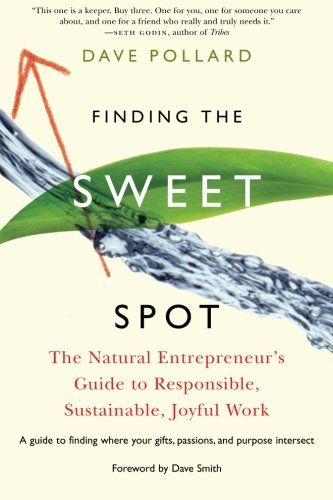
Finding the Sweet Spot: the natural entrepreneur's guide to responsible, sustainable, joyful work
"Now what am I going to do?" is a question many people ask—and leave unanswered—at critical potential turning points in their careers. Perhaps you’re a new graduate, but instead of lining up for a boring entry-level job at a big corporation, you wish you could start your own sustainable and responsible business

